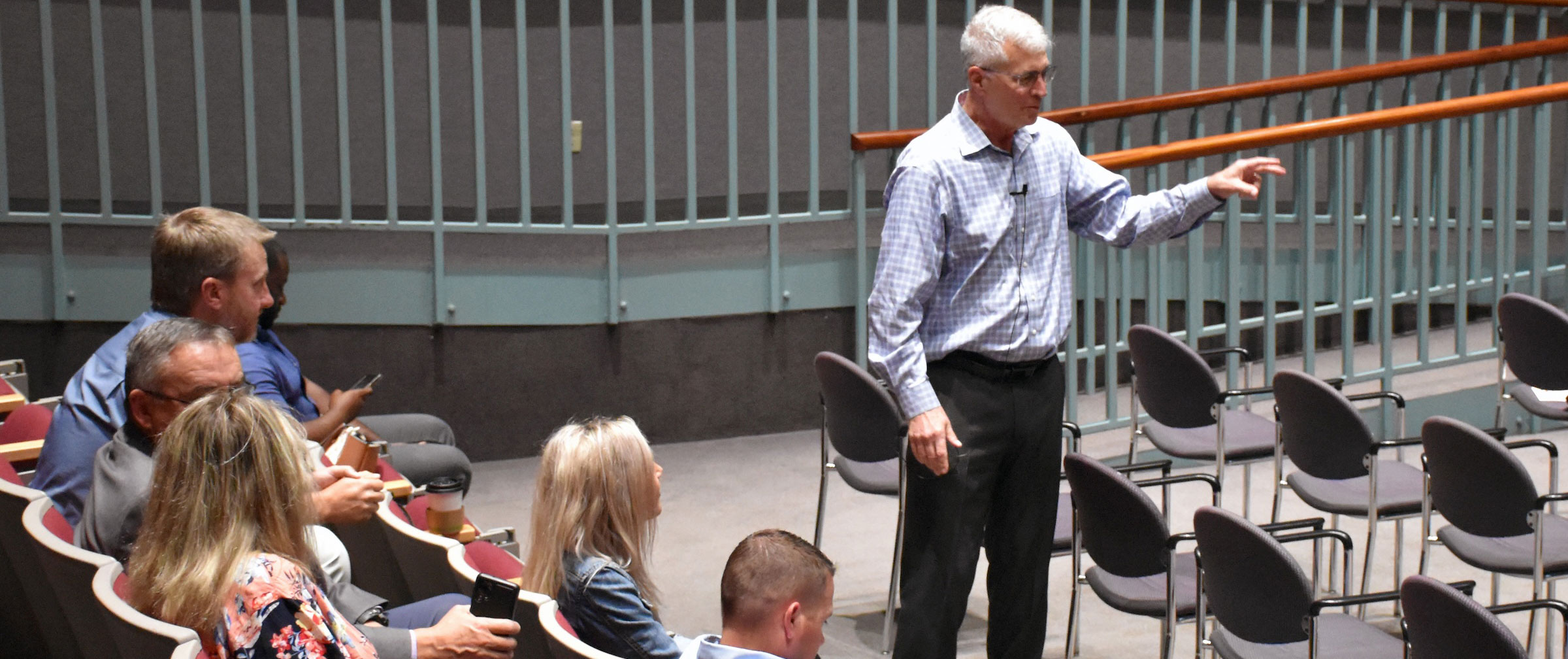We have learned a lot about the how but preciously little about the why.
..So we may “fix” the numbers, but maybe not the disease
I was recently reminiscing with one of my medical colleagues. Together we have had over 60 years in the medical profession (I won’t say how much of that is mine, but I am pulling my share!). We talked about all of the changes we have seen in the medical field since we finished residency.
For example, CT scans were just being introduced into our hospitals when I was a resident. Prior to that, I remember having to rule out a subdural hematoma by performing serial burr holes. A common occurrence on the surgical floor was peptic ulcer disease with its resulting surgeries and procedures for bleeding or perforation. Years later we find out it is an infectious disease and possibly preventable. A myocardial infarction used to be a favored admission for the house staff… all one had to do was put the patient at bed rest and watch for signs of failure or arrhythmias. Now diseased cardiac vessels are stented or bypassed. PCI’s are the norm. Time is of the essence. Lives are being saved!
And the list goes on….
Yes, we have seen remarkable progress over the years. We have learned a great deal about cellular and molecular biology. I now need a lexicon to read through most new research publications in order to figure out all the new enzymes and acronyms. I candidly admit I would horribly flunk a medical school exam on physiology or pharmacology.
Yet we still have such a long way to go. Despite our becoming ever more knowledgeable, there are some pretty blaring basics about which we still know very little. It’s a real paradox.
Let me offer a few examples that clinicians deal with every day:
1. Hypertension– one of the most common diseases today. There are now dozens of drugs on the market to treat hypertension. Back in my residency there were three or four classes of drugs that we staged. Since then we have learned a great deal about the pathophysiology of hypertension, but….
What actually causes essential hypertension? I guess that’s why they named it “essential”. And how aggressive should we be in lowering blood pressure? What is the ideal blood pressure? And does treatment of high blood pressure actually reduce the risk of adverse events and premature mortality, especially in the vast segment of the population with mild to moderate disease?
2. Heart disease- we now know a great deal about how a fatal clot forms within a coronary blood vessel. We have discovered multiple risk factors, but many patients develop cardiovascular disease without having these risk factors. We can stent vessels that are occluded, but in the absence of acute symptoms, we cannot predict which lesions will ultimately clot– and it’s not necessarily the ones that are the most occluded. We know a lot about the “how” but still do not know “why” one vessel becomes occluded and another one does not. We still don’t know why patients with no identifiable risk factors get heart disease. And even the miracle statin drugs, do they work because they lower the risk factor (cholesterol) or by some obscure anti-inflammatory process, or both (or neither)?
3. Diabetes– is reaching epidemic proportions in our society. There are now a host of drugs available to manage hyperglycemia. Just watch the TV commercials. We can now “normalize” almost anyone’s blood sugar. But are we reducing the long term risks of diabetes, especially in the microvasculature. Diabetes is fundamentally much more complicated than just “hyperglycemia”. What causes type II diabetes? We know diabetes is associated with obesity and other risk factors, but happens to make diabetes occur, especially in the adult? Why does the body’s metabolism change?
4. Appendicitis– is a common occurrence in the pediatrician’s office. Yet it is relatively uncommon in an adult internal medicine practice. The pathology typically just shows an inflamed and edematous appendix. What actually causes appendicitis? Why did it happen the day it did? And why is it so typically a disease of childhood? Does something about being an adult give partial immunity?
5. Obesity– is a huge issue in our society today. Obesity predisposes to a host of other illnesses. We have learned a great deal about the physiology of adipose cells and metabolism. But why are some people obese and others not? It’s not just simply how much one eats versus how much one exercises. What is the underlying issue that predisposes to obesity? Maybe it will turn out to be the biome?
I can go on. We still have a long way to go baby !!!
I remain amazed, maybe even becoming a bit cynical or nihilistic. In some clinical situations we know the detail down to the molecule. But for most common ailments we barely have a clue. Research has described and taught us a great deal about the “how” of medicine, which has indeed lead to many advances. But nearing my retirement in the medical field I am still perplexed about how little we know about the fundamentals, how little we know about the “why”– of the common, everyday diseases.
And until we better understand the fundamental “why’s” of disease, the ultimate treatment and true cure will remain elusive.
We can identify every gear and screw in the wristwatch, but cannot agree on what time it is.
Let me know your thoughts.




